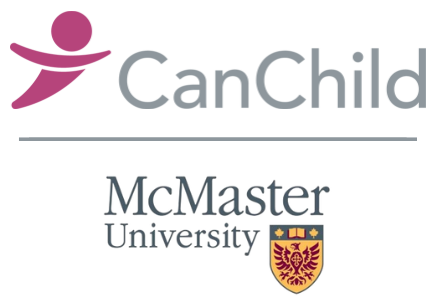Children who have a neurological condition, such as cerebral palsy or brain injury, often have difficulty moving their body. Muscle spasticity is one of the most common reasons for this difficulty.
Read Resources
45 resources found
Alternative And Complementary Therapies Casts, Splints, and Orthoses – Lower Extremity
Support for the research to conduct this review comes from a grant from The EconoEconomical Insurancemical Insurance Group
Read Resources
The Use of Botulinum Toxin in Children with Muscle Stiffness: An Update
This Keeping Current is one of a series of reports that discuss the effectiveness of rehabilitation interventions for children and youth with brain injury.
Read Resources
Feeding and Eating Interventions for Children And Youth With Brain Injury
This Keeping Current is one of a series of reports that discuss the effectiveness of rehabilitation interventions for children and youth with brain injury.
Read Resources
Alternative And Complementary Therapies: For Children And Youth With Brain Injury – Part 1: Controversies
This Keeping Current is one of a series of reports that discuss the effectiveness of rehabilitation interventions for children and youth with brain injury.
Read Resources
Children and Youth with Brain Injury: A Review of Rehabilitation Services
In this document, the incidence and impact of brain injury in children and youth is presented
Read Resources
Scissor Activities and the JK/SK Student
The following packaged resources were developed for occupational therapists (OTs) and teachers, working with children with Developmental Coordination Disorder (DCD) and other motor coordination challenges on scissor activities.
Read Resources
Dressing Skills and the JK/SK Student
The following packaged resources were developed for occupational therapists (OTs) and teachers, working with children with Developmental Coordination Disorder (DCD) and other motor coordination challenges on dressing-related issues.
Read Resources
Health Care Professionals Involved in the Management of DCD
Several types of medical practitioners, including developmental pediatricians, pediatric orthopaedic surgeons, neurologists and psychiatrists, may become involved in the care of a child with DCD.
Read Resources
Recognizing and Referring Children with Developmental Coordination Disorder: The Role of the Psychologist
Children who are experiencing learning difficulties at school are frequently referred for psychoeducational assessment.
Read Resources
